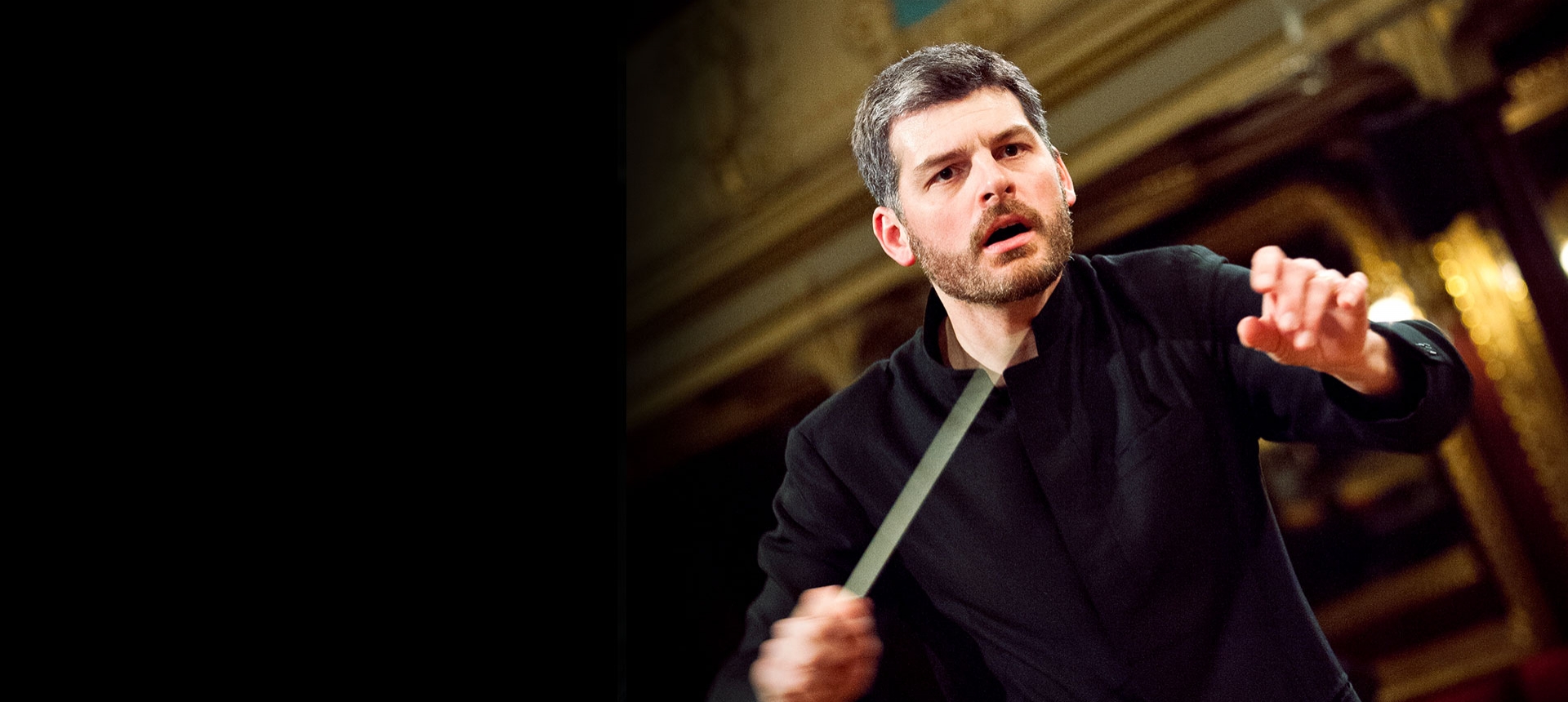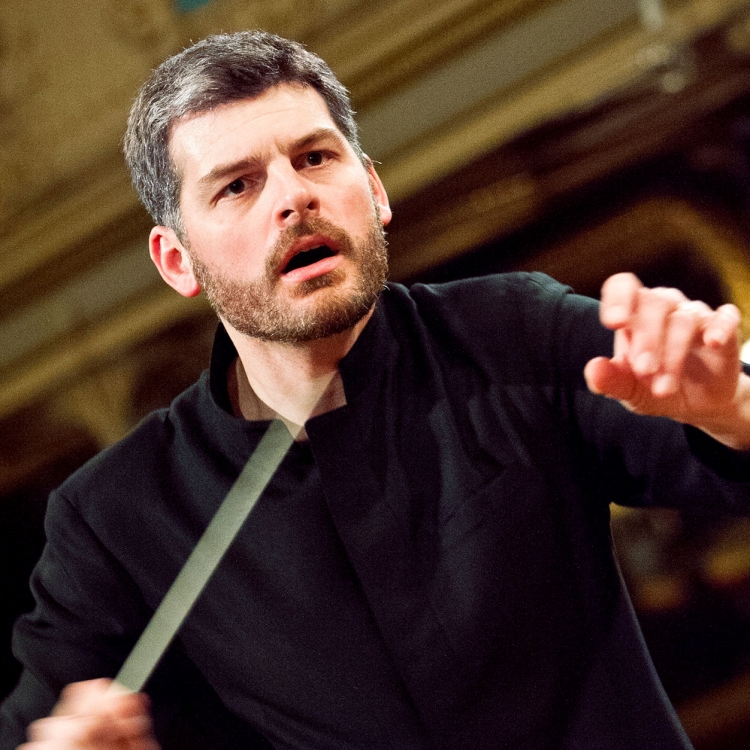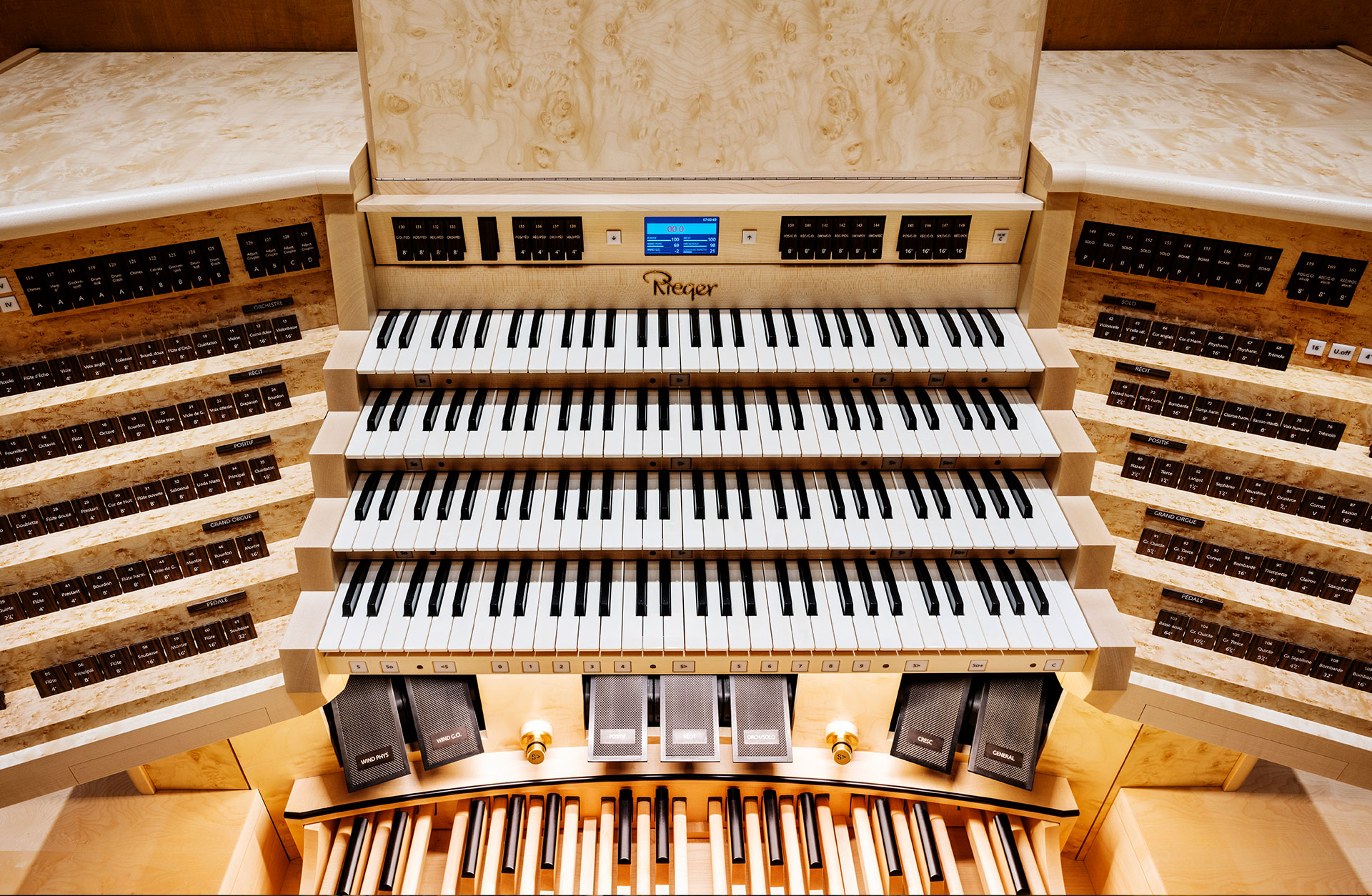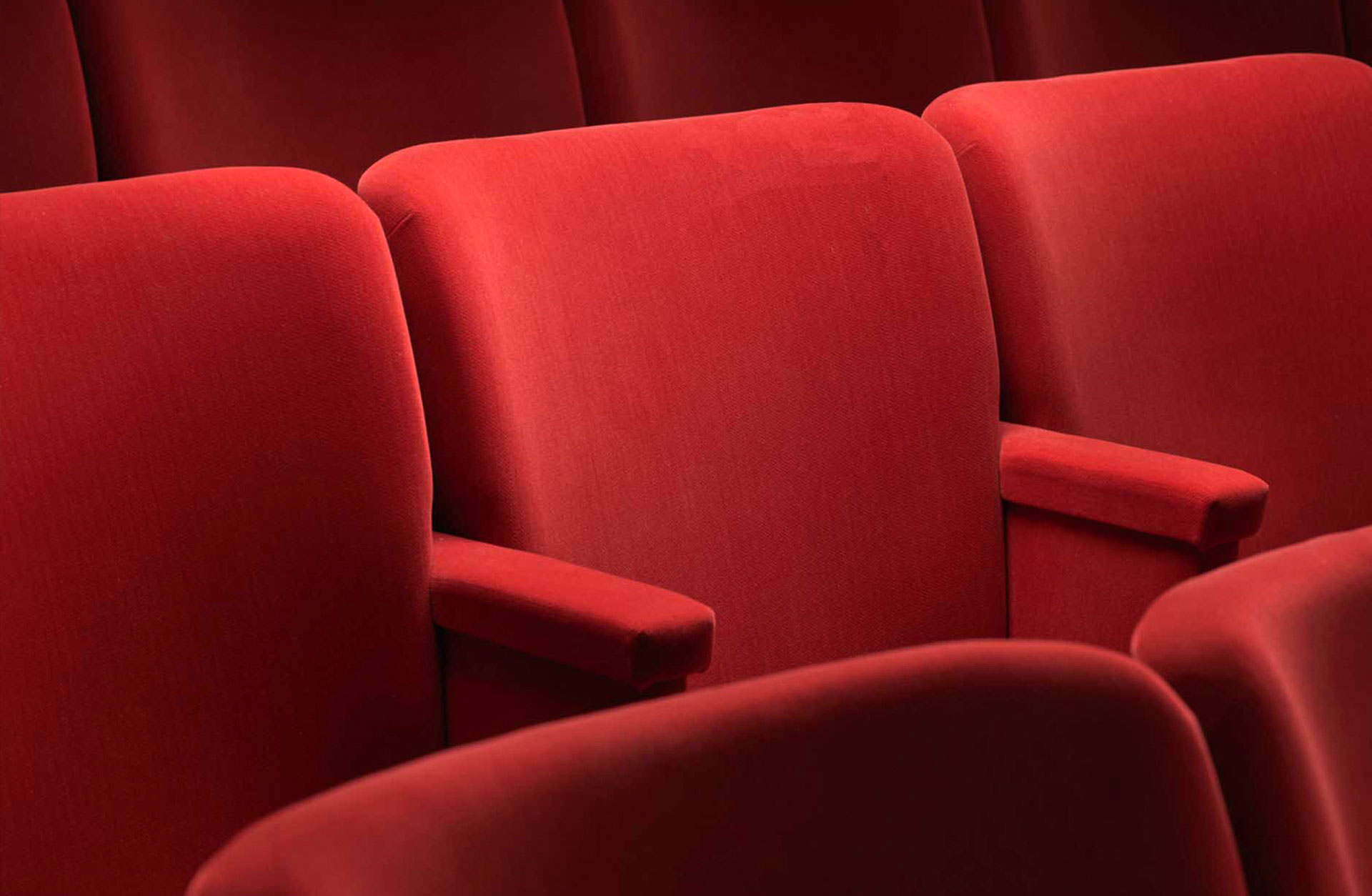Cart
Your cart is empty
Your cart is empty
List is empty
Press ESC to close the search field



Event has already taken place. "The organ symphony" with Gothenburg Symphony Orchestra, Magnus Kjellson organ and conductor Johannes Gustavsson.
Here’s something many have been waiting for: Saint-Saëns’ Symphony No. 3, “Organ”! It was more than 30 years since it was last performed in the Gothenburg Concert Hall, and now it makes for a real revival.
The Concert Hall’s old organ got older and lost its energy, but since October 2021 a new, magnificent organ built by Rieger Orgelbau is in place. The new organ has much of its inspiration from the pioneering French organ builder Aristide Cavaillé-Coll – and it was his organs Saint-Saëns had in mind when he wrote the Third Symphony. It is full of shimmering sound effects, sweeping melodies and lively solo passages, not least for the two pianists who challenge the majestic organ part.

More soloists from the orchestra meet up in Lisa Streich’s fresh Jubelhemd, “The Rejoicing Shirt”, a concerto grosso inspired by two works of art and composed for the Swedish Royal Academy of Music’s 250th anniversary.
The concert is opened by Victoria Borisova-Ollas Angelus, also composed for a birthday: the city of Munich’s 850th anniversary. The city’s churches, bells and chimes appear one after the other in Angelus, as sharp contours against the sky or diffuse shapes in the cityscape. Munich is in many ways a city of bells: ”If measured by the intensity of its daily bell-ringing Munich would undoubtedly prove to be the most vivid city in modern Europe”, writes Victoria Borisova-Ollas.
Conductor Johannes Gustavsson and the Gothenburg Symphony Orchestra are in a long and loving relationship: in 2022, the pair will celebrate its twentieth anniversary! They’ve worked together for two decades – or thirty-five concerts and multiple studio sessions, the latest record of which features world premieres of Elfrida Andrée, Valborg Aulin and Ida Moberg (Nilento).
Welcome to a free introduction to the concert one hour before the concert starts, in the Great Hall. The introduction is in Swedish.

Here you will find all the necessary information that you need to know about before your magical visit in the Concert Hall.
Invite yourself or someone you like to an experience for all the senses. Welcome to visit the Concert Hall's restaurant or one of our foyer bars.